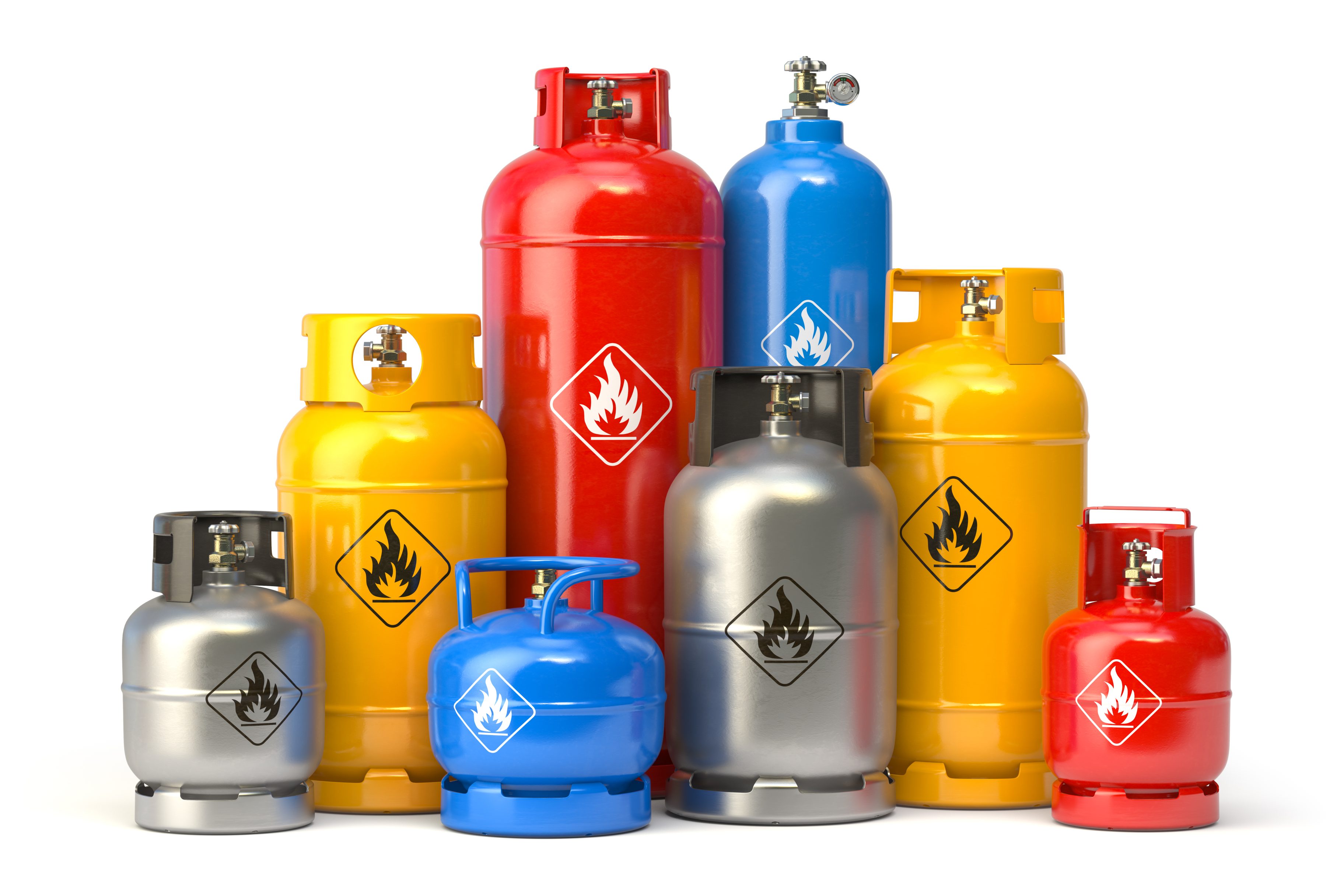
Choosing the right fuel for your vehicle is more than a mundane chore; it is an essential decision that can significantly influence your car’s performance, efficiency, and overall longevity. In a world awash with choices, it is imperative to delve deeply into the intricacies of automotive fuels. This exploration promises to not only shift your perspective but also pique your curiosity about the myriad options available at your local fueling station.
The first step in navigating this labyrinth of possibilities is understanding the primary types of fuels that power today’s vehicles. Most notably, gasoline and diesel dominate the landscape, each with its unique attributes and applications. Gasoline, often perceived as the more ubiquitous option, is favored for its readiness and the extensive network of service stations. Conversely, diesel engines are celebrated for their superior torque and fuel economy, making them particularly advantageous for heavy-duty applications.
Gasoline itself can be further categorized into various octane ratings, such as regular (87 octane), mid-grade (89 octane), and premium (91-93 octane). The octane rating is a crucial metric, representing the fuel’s ability to resist engine knock or pre-ignition during combustion. Using fuel with an inadequate octane rating for your vehicle can result in diminished performance and potential mechanical issues over time. Therefore, one must meticulously consult the manufacturer’s recommendations outlined in the owner’s manual to ensure optimal engine operation.
Moreover, the composition of gasoline varies considerably across different regions and brands. Some retailers offer fuels with additives designed to enhance performance and foster engine cleanliness. Ethanol-blended fuels, such as E10 (10% ethanol), are common in many areas and contribute to reducing greenhouse gas emissions. Nevertheless, it is essential to ascertain whether your vehicle is compatible with such blends, as they can adversely affect older models prone to fuel system corrosion.
On the other end of the spectrum lies diesel fuel, often lauded for its energy density and efficiency. As diesel engines utilize higher compression ratios, they tend to extract more power from less fuel. However, diesel fuel quality can also vary, with the presence of biodiesel further complicating the selection process. Biodiesel, derived from renewable resources like vegetable oils, has gained traction as a more environmentally conscious substitute. Yet, it is imperative to verify that your diesel engine is certified for such blends, as they may produce different combustion characteristics.
In addition to standard fuels, the rise of alternative fuel options is revolutionizing the automotive industry. Electric vehicles (EVs) are gaining in popularity, offering a radically different refueling experience altogether. Instead of conventional gas stations, EVs are charged at specialized stations or home units. The environmental implications of using electric power cannot be overstated, as they can significantly reduce one’s carbon footprint if charged with renewable energy sources.
Furthermore, hydrogen fuel cell vehicles present another innovative solution, utilizing hydrogen gas as a power source. This method generates electricity through a chemical reaction between hydrogen and oxygen, with water vapor as the only byproduct, which epitomizes the pursuit of zero-emission vehicles. Nevertheless, the infrastructure for hydrogen refueling is still in its nascent stages, presenting logistical challenges for widespread adoption.
Moreover, the concept of fuel efficiency should not be underestimated. The type of fuel selected can dramatically impact the fuel economy of your vehicle, influencing long-term operating costs. Regular fuel may suffice for some vehicles, but using a higher-octane fuel may yield increased mileage for performance-oriented models, ultimately offsetting the initial cost differential. Such calculations may necessitate a deeper understanding of your driving habits and vehicle capabilities.
Beyond the tangible aspects of fuel selection, subjective considerations also play a significant role. Brand loyalty often dictates consumer behavior. The psychological attachment to certain fuel brands may stem from personal experiences or perceived loyalty to engine performance. Testimonial evidence suggests that drivers sometimes report improved engine responsiveness and more consistent performance with preferred brands, although scientific backing is often lacking.
Furthermore, conducting regular maintenance on your vehicle can yield substantial benefits, irrespective of your fuel choice. Using the right oil, adhering to scheduled service intervals, and replacing air filters contribute to an engine’s overall health. This maintenance synergy complements your fuel selection, ensuring that every fuel drop is maximized to its fullest potential, thus prolonging its life span.
Lastly, consider the future landscape of automotive fuels. As technology advances, a broader array of options will likely emerge, including synthetic fuels and more efficient variants of existing options. Keeping abreast of developments in the automotive and energy sectors will not only empower you as a consumer but also enhance your ability to make informed choices that align with your values and vehicle needs.
In conclusion, while the decision regarding which gas to use for your car may seem straightforward, a multitude of factors must be considered. From understanding fuel types and selecting the right octane rating, to weighing the benefits of alternative fuels and maintaining your vehicle, the crossroads of automotive fuel choices opens a gateway of curiosity. By delving deeper into these aspects, drivers can transform a simple decision into an informed and strategic choice, thereby enhancing their driving experience and safeguarding their investment.
